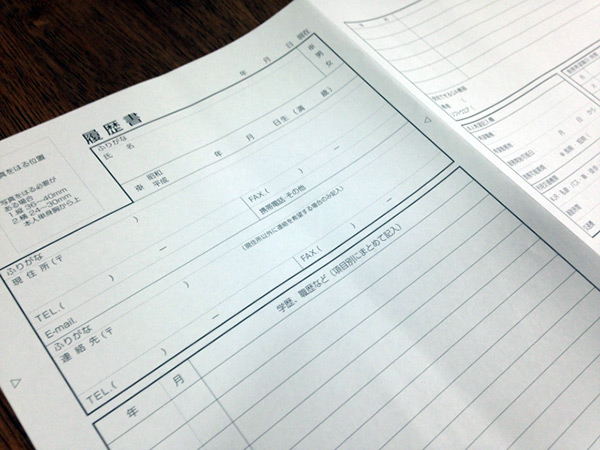Sakura Mentor
Lessons from my job-hunting experience in Japan - Part 3
Rahul Maroju
Updated in January 2024
According to a LinkedIn post, two co-founders of OpenAI, the organization behind the revolutionary ChatGPT, have been hired by Microsoft within 2 days after they lost their jobs. This shows a clear evidence of a hidden job market. I find that to be true in Japan too. A good number of students from the university have directly secured a job on referral by a contact person, who, in most cases would be their supervising professor. As the supervising professor is likely to have good relationships with other organizations working on related fields, this not only allows them to get an opportunity to work with far lesser competition, but also to pursue their career in their area of interest. In some scenarios, the project at the organization could be done in collaboration with the university lab, so the student is already equipped with the required skills acquired during study. If the professor doesn’t have direct contact with a company, he/ she can try to reach other members in their network, for example another professor in the department who can help the student. Even in the worst-case scenario, if no contact is known, the professor can point out the names of some organizations which work on related areas.
 National Cancer Institute for Unsplash
National Cancer Institute for UnsplashSometimes, the seniors (graduates) or even peers can guide the student to a job. Hence, it would be very useful to keep in touch with them and try to learn about their existing company, role details, and any companies they know about.
In other cases, the student can work as an intern in a company during their semester break by direct application or with the help of a contact. This provides an opportunity for the student to directly establish good relationships with the company managers. If the performance during this internship meets the team expectation, they have a high chance to get recruited.
A contact person can also be acquainted in company seminars, talks by reputed people, company booths, etc. In general, actively expanding their network, especially working in the areas of interest, helps the students with a better chance for a job. So, the conclusion is to meet and talk to as many people as possible and maintain good relationships. This is not an easy skill as it requires practice, perseverance, and luck.
 Image by Freepik
Image by Freepikhttps://www.freepik.com/free-photo/group-diverse-business-people-successful-teamwork-working-together-with-laptop-computer-office_27334565.htm#page=9&query=job%20seminar&position=6&from_view=search&track=ais&uuid=af573bc2-adb6-4453-90f2-cc0d0b4b18ef
Despite easing the route, going through contacts may not be a reliable option. From my experience, even a very well-known contact cannot help to secure a job as it depends on many other factors like the company recruitment decisions. But it is better than applying for the role directly from the website. So, as always, the more the number of shots (applications), the better the chance.
Another important aspect to impress the hiring team is an attractive resume or curriculum vitae (CV). It will be appreciated if this document can be prepared in Japanese language. There is a standard format which is predominantly used. A manager once contacted me just because she liked my resume, though the job required Japanese proficiency. The interview transformed into a casual discussion where she provided some insights and tips for job-hunting in Japan.
Good luck with your job search!
 Photo AC: チョコクロ
Photo AC: チョコクロ







